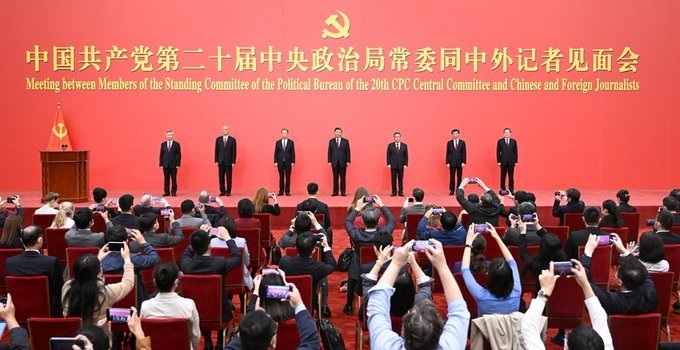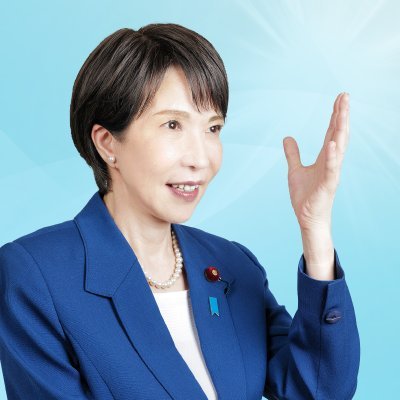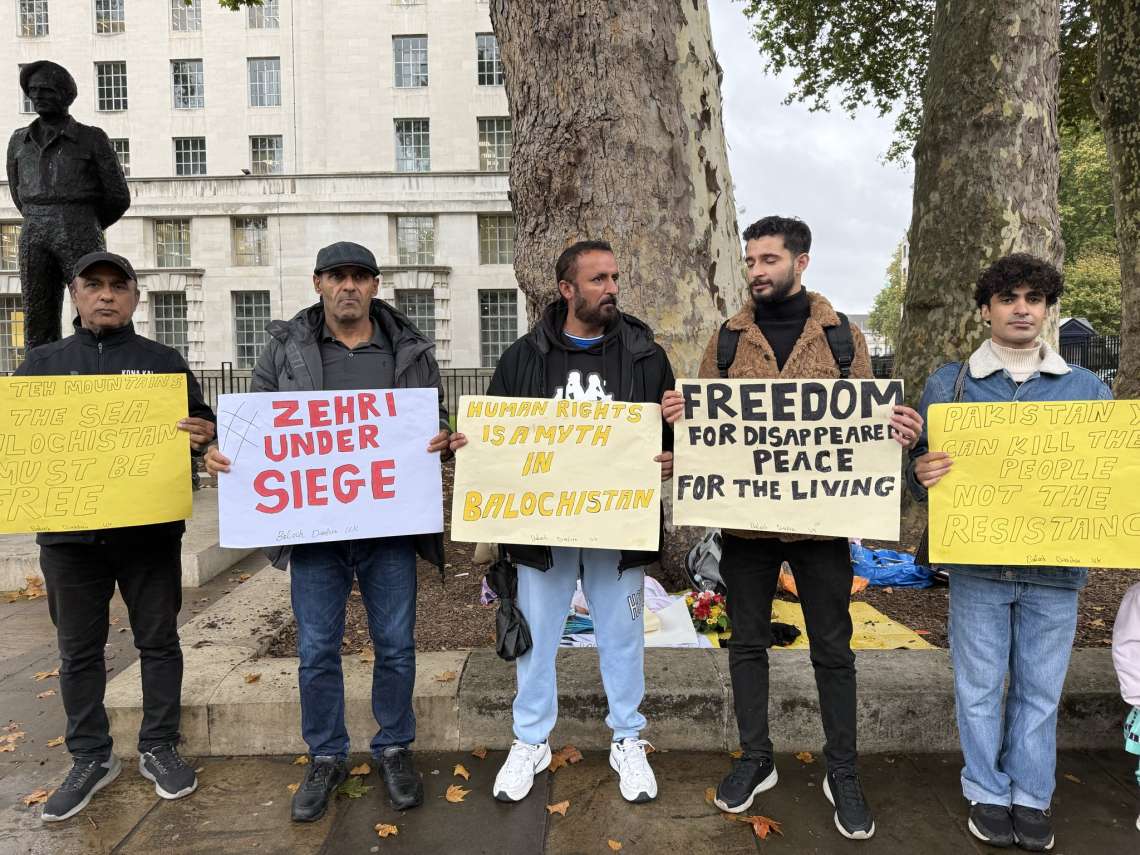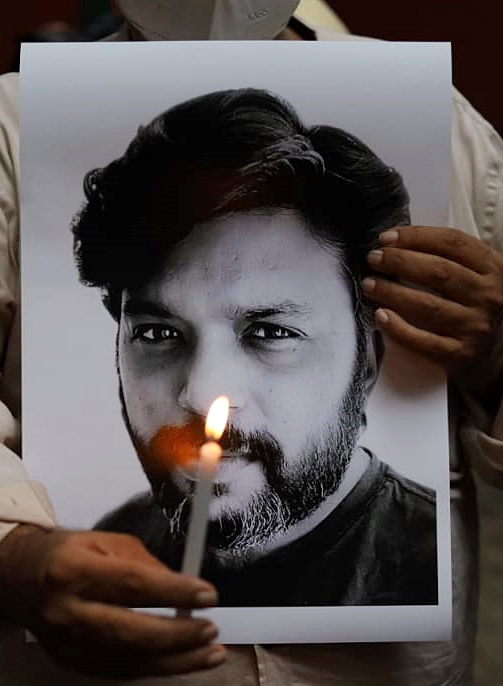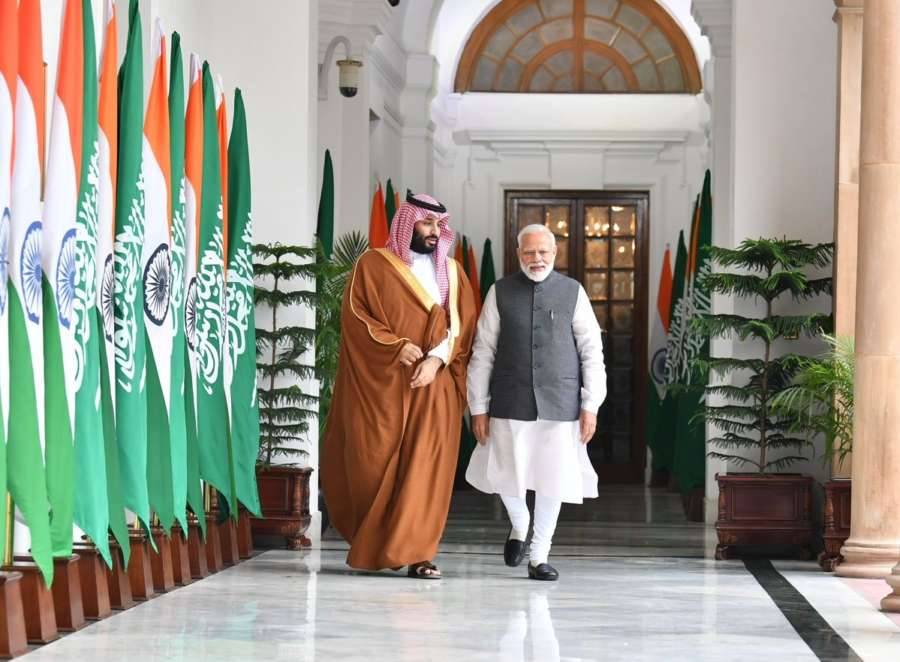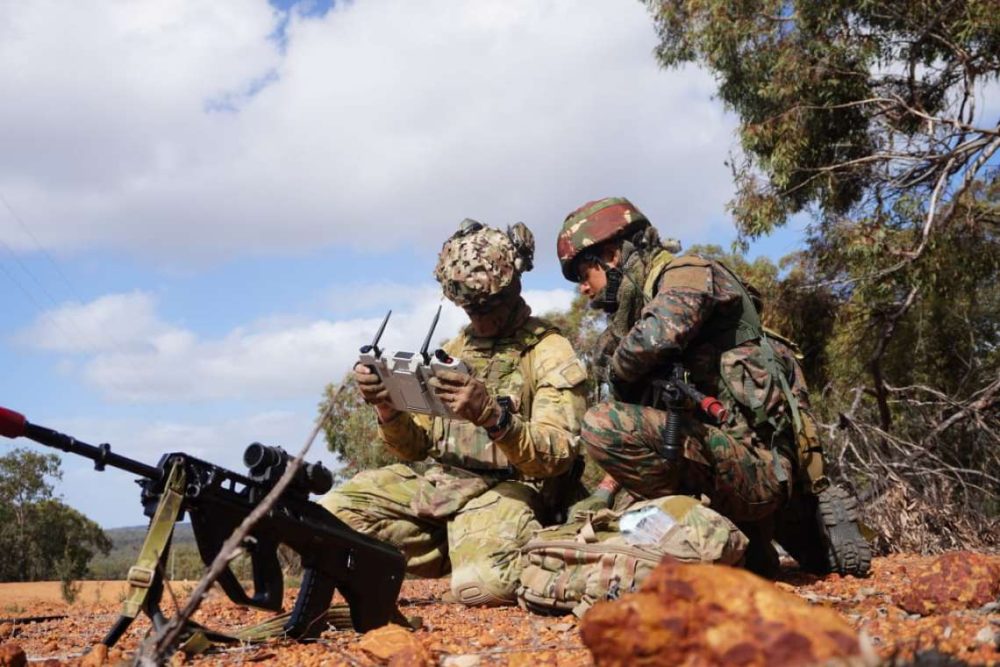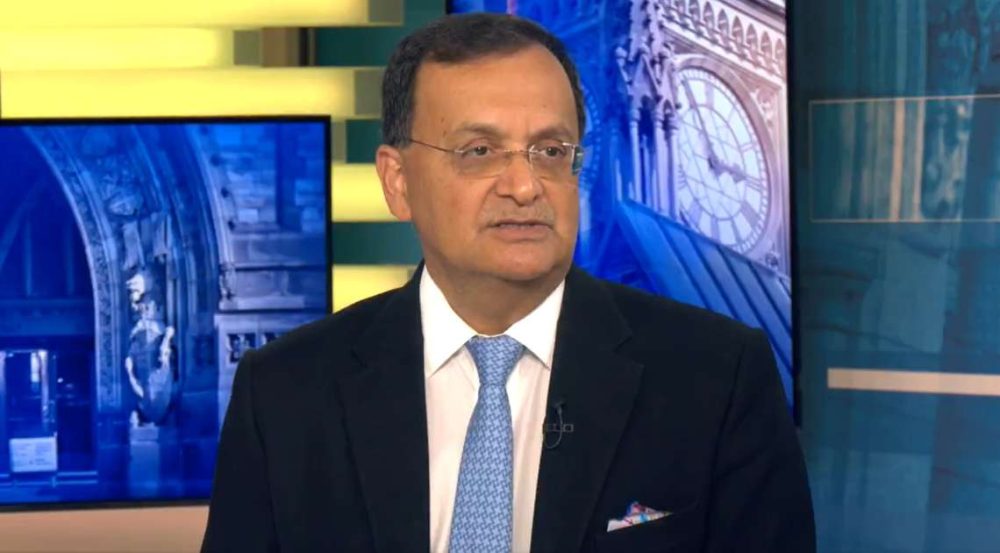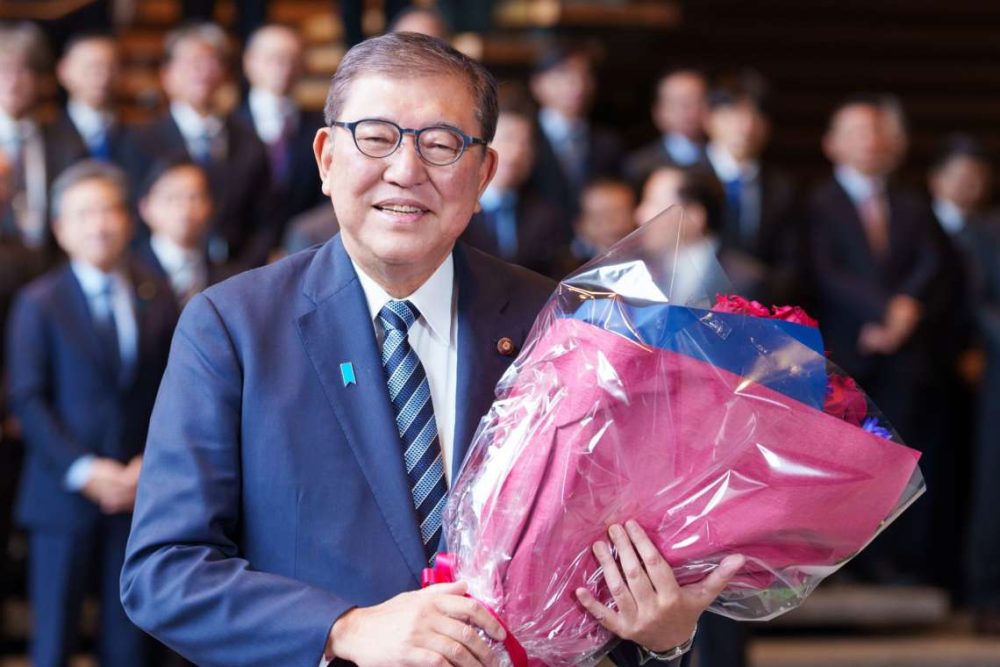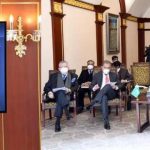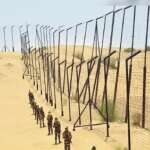Historically, whenever a dictator’s ambition exceeded the bounds of worldwide toleration, it resulted in catastrophe for the nation and its people, who had given him encouragement through their mute toleration, writes Major General S.B. Asthana
Xi Jinping, the ‘Core leader’, has unveiled his new Politburo Standing Committee inducting with four new loyalists, retiring Li Keqiang and Wang Yang, in his unprecedented third term. Elimination of four Politburo Standing Committee members, the highest decision-making body in China, from the list of members of the new Central Committee, which oversees the party’s 97 million members indicates Xi’s complete overhaul of top hierarchy.
The Central Committee, with around 200 full members, reports to the 25-member Politburo (now reduced to 24 members), which is headed by the Politburo Standing Committee. All these bodies have majority of Xi’s men (No women).
Historically, whenever a dictator’s ambition exceeded the bounds of worldwide toleration, it resulted in catastrophe for the nation and its people, who had given him encouragement through their mute toleration. Xi maintains tight control despite China’s economy performing relatively poorly compared to its last three predecessors, the unpopular “zero covid” policy, the failing BRI, infrastructure failures, the unfavourable international environment, and some discernible protest.
He also disproves those who advocated the implosion theory for China and even imagined a coup against him. He would have naturally made some shrewd decisions in his favour to acquire the level that no one other than Chairman Mao Zedong did in China. Xi has risen, but the question remains, “Is China rising?”
Xi: An Overambitious Dictator?
Reminding China about century of humiliation, Xi began his tenure by selling dreams to lift Chinese out of poverty and toward a developed society with Chinese characteristics and set timetables. In that he pushed through Belt and Road Initiative (BRI) as a crusader to lead global infrastructure development, with recent offer to build an ‘open global economy’. It has increased global footprints/investments of China, hoping it to serve as growth engine for his country to fulfil Chinese dream to build a “moderately prosperous society and realize national rejuvenation”.
Internationally he tried to project himself as the crusader for new and just international order, to check the hegemony of West especially US (Despite junking the ruling of PCA and violating UNCLOS), and now declared ‘new choice for humanity’ based on ‘scientific socialism’ and ‘Chinese wisdom’. He did everything possible to make himself great, under the banner of ‘Making China Great’. He now promises ‘incomparable glory’ to China and seems to assume that Chinese people will accept him, without worthwhile checks and balances.
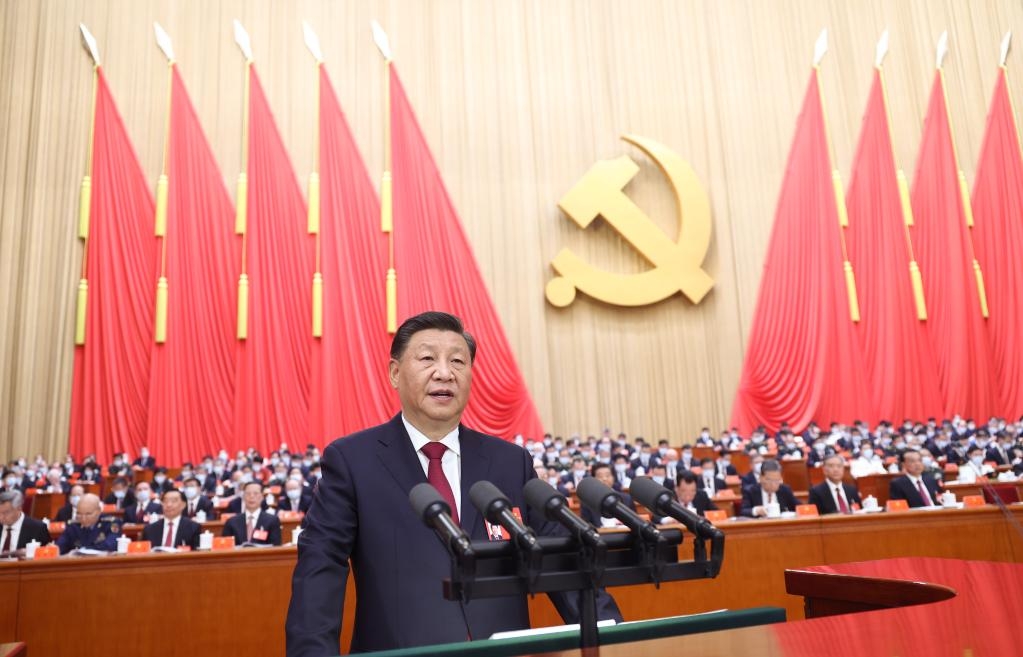
Post 19th Congress of CPC, China enshrined the “Xi Jinping Thought on Socialism with Chinese Characteristics for a New Era” and ideas like BRI in the Chinese constitution. The 20th Congress of CPC has added “new achievements” under Xi’s leadership, as “new developments” in the past five years to it. He continues to hold all levers of power through number of crucial appointments to include Chairman of reorganised CMC, Politburo Standing Committee and the President (to be formally endorsed in March 23 in Annual Legislative Session), with his loyalists holding top hierarchy, to rein PLA for him. His anti-corruption drive was most popular amongst masses seeing powerful people in jail, besides systematically eliminating the entire dissenting elements and possible competitors.
Is the Pot Really Boiling?
Proponents of ‘Implosion Theory’ for China will like to believe that the disgruntlement stoked by economic slowdown, Zero Covid policy pressures at grassroot level, banking failures, bankruptcy of infrastructure giants triggering housing scams, coupled with the strictest possible personal surveillance measures has created a pressure cooker kind of situation with very strong lid on top. The legal system stands hostage to party leadership to give strength to the boiling pot theory.
After assuming power in 2012 with a GDP growth of 7.9 per cent, Xi oversaw China’s subsequent economic decline. His detractors in the CPC believe that his actual accomplishments do not merit his ascension to the rank of Mao, but the unsatisfied elements and lobby groups are kept in control by his extensive surveillance because questioning Xi ‘The Core’ is anti-national and results in imprisonment. Dissent has no place in “Socialism with Chinese Characteristics for a New Era,” according to Xi, who has made this clear by establishing the watchdog body “National Supervisory Commission” and putting the National Security Law into effect.
Xi is aware of the internal difficulties mentioned above, as well as the fact that China has highly educated society with many of its citizens touring other democratic nations, who increasingly understand the realities of freedom. Significant internal concerns surround some of his actions, such as imposing restrictions on religious practises and forcing abortions on Uyghurs in Xinjiang, requiring Christians to replace images of Jesus Christ with those of Xi Jinping in order to receive government benefits, engaging in social engineering and mental profiling, and using force to try to suppress democratic ideas.
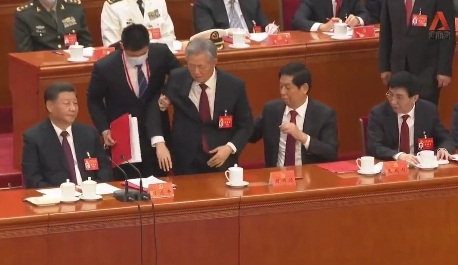
Smart Management of Boiling Pot!
In order to quell internal dissent, Xi has deftly constructed a narrative of himself as a crusader against Western hegemony, reminding everyone of centuries of humiliation, igniting nationalism within the country by playing the victim card to responses to his aggressive actions in the Taiwan Strait, South and East China Seas, and Himalayas, and the need to unite under his strong leadership as the national need, overriding all other concerns. In his opening statement to the 20th Congress, his overemphasis on “security” and “struggle” supports the notion that China is the victim of external aggression. It is possible to interpret Xi’s actions, forcing students to read Xi’s thoughts (the equivalent of Mao’s Red Book), as an attempt to brainwash people into blindly believing in him.
His propaganda machinery has been able to build a narrative that despite certain pitfalls, the Chinese system of governance is better than more chaotic democracies which remain embroiled in protests, recording slower growth in last few decades. Dealing Uyghurs with iron hand he has also built a narrative to majority of Han Chinese staying in South-eastern half of the country that he has been able to give them secure environment with hardly any terrorist activities, unlike most democratic countries. The strict censorship of media and internet, mental profiling, electronic isolation of thoughts and the fear of harsh crackdown on dissenters has helped him to minimize unrests/disagreements.
Xi has been able to manage that the ‘Hate America’ sentiments echo more strongly than ‘anti- Xi’ sentiments in China. His military expansion and built up has also been projected as ‘Making China strongest ever’ as a lead over other predecessors since Mao’s era. In fact, Xi has pushed his country to a state where there is only one leader and rest everyone else is a worker.
Future of China under over-ambitious Xi
CPC’s 20th Congress applauding Hong Kong’s transition from “chaos to governance” and adding “opposing and containing Taiwan independence” to its constitution convinces Xi that his aggressive posture has paid him well and might continue to serve his interest well. His reiteration that PLA would be a world class army by centenary 2027 with a strong system of strategic deterrence and new domain forces indicates growth of strategic arsenal to improve deterrence against US led West.
The Chinese dream of “Rejuvenation” and Xi Jinping’s goal of a “Prosperous Developed Society” with a “War Winning Modern PLA” by 2049 could have been achieved if he had not gone into overdrive with his aggressiveness, opening multiple fronts to oust the US as the world’s superpower by unfairly exploiting pandemic.
In accordance with Xi’s plan for ‘Making China Great Again’, China accelerated its incremental encroachment strategy in its peripheral regions. This gave him the confidence to aggressively use the pandemic to accomplish all of his goals ahead of schedule without having the means to defend its international shipping outside of its eastern seaboard. Although the US did not respond to his fire power demonstration around Taiwan during Nancy Pelosi’s visit, China is still affected by restrictions on semiconductor chips, microprocessors, and other trade restrictions.
With the kind of global anger he has generated against his regime in last few years, the world has realised the need for diversification of global factory, along with economic distancing from China. Xi realises it, is evident from his statement “China cannot develop without the world, and the world also needs China”. Xi appears to be advocating for capacity building to fight against economic coercion of West and desire for alternate financial system. Notwithstanding above, Xi has done well for himself, but pushed his country on a collision path with democracies, which might lead to its decline unless Chinese people wake up and shake up CPC to protect their dreams.
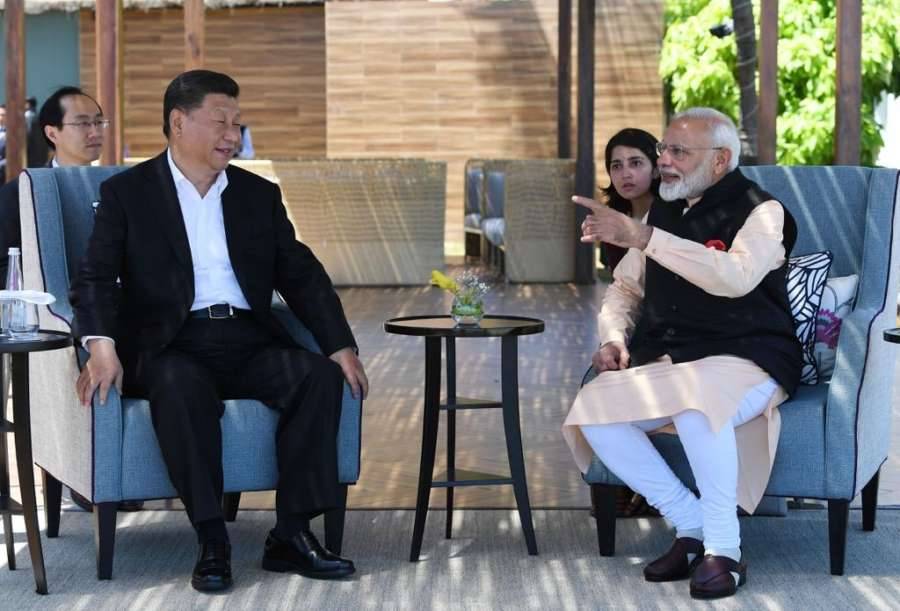
How does it affect India?
In CPC’s 20th Congress “Xi Jinping Thought on Strengthening the Military” was also added to the party’s constitution, making it the only leader with military term named after him in the constitution. Xi Jinping’s pitch for shaping security posture deterring and managing conflicts and winning local wars impact India and Taiwan directly. His attempt to stir up nationalism out of the Ladakh standoff was confirmed by the film about the Galwan episode being shown to all delegates, which appears to have helped him calm down domestic rage. The overplaying of the Taiwan problem follows the same logic. He will be inspired to maintain a tough posture on both fronts as a result.
From Indian perspective, notwithstanding Xi Jinping’s rhetoric, this is the time when Beijing is under maximum external and internal pressure since last few decades. If Beijing continues with its arrogance, it will invite further pressure. India should push for border settlement or demarcation of LAC now, as the political cost of resolving the border/LAC may be lesser than maintaining an active front with India for China. India should not settle down with token disengagement, because unless the LAC is demarcated the stand-offs will continue. For the time being India should not blink at the borders and continue capacity building.
(Major General S.B. Asthana is a strategic and security analyst, a veteran Infantry General. He is the Chief Instructor, United Service Institution of India. The views expressed are personal)


